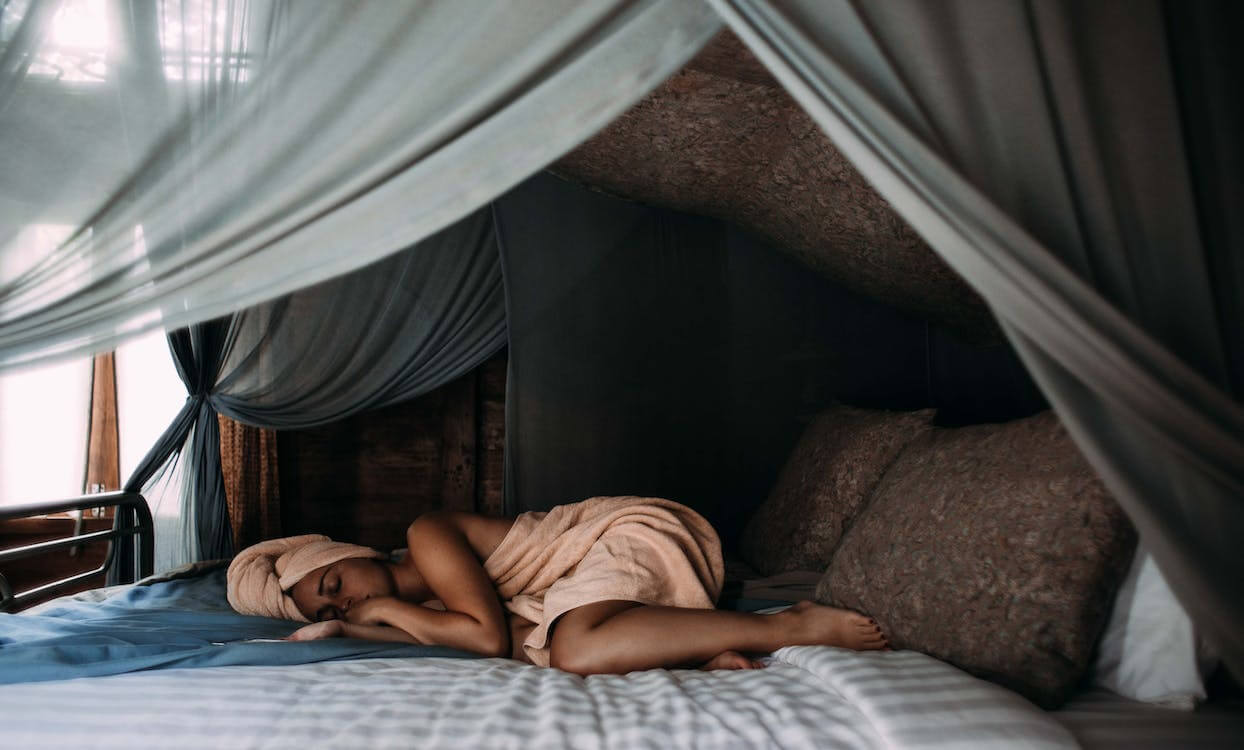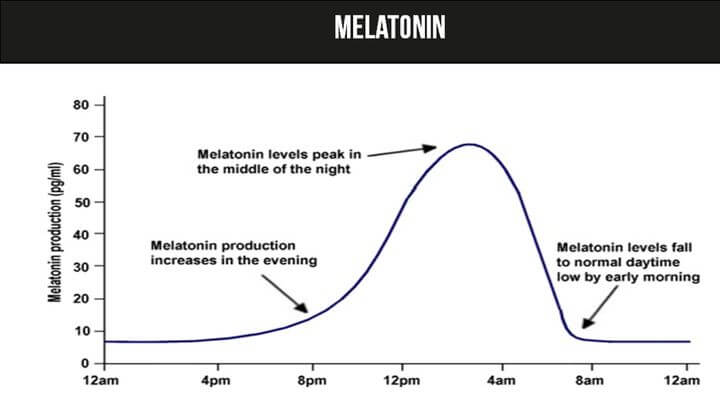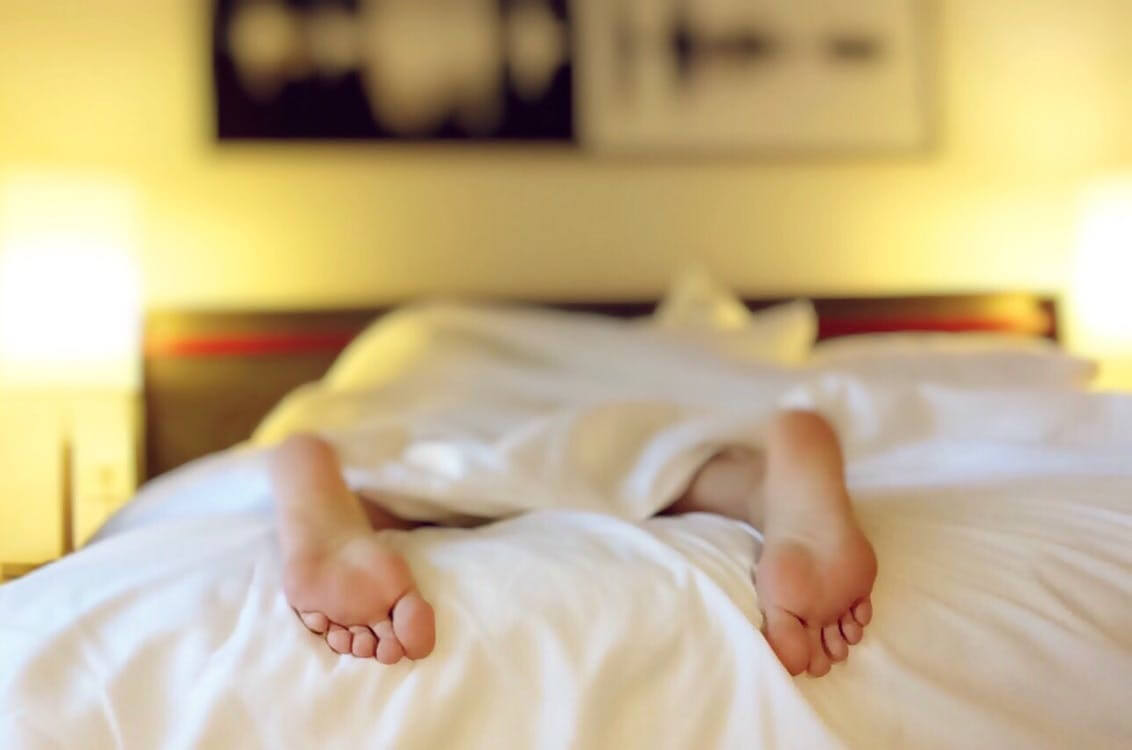

What is melatonin?

Melatonin is a hormone produced and secreted by the pineal gland.
Concentration in plasma decreases during the day and increases at night.
The pineal gland sends a "time signal" to the central nervous system through this daily melatonin secretion cycle.
When the night falls, let the brain and body perceive the message that "it has gotten dark outside, you can sleep".
It lowers body temperature, pulse, and blood pressure, and causes drowsiness.
Therefore, melatonin is also known as the body's natural "sleeping pill".
How is melatonin produced?
Under normal circumstances, the light-dark signal is given by the retina, which senses the brightness of blue light in the environment.
Through the retinal hypothalamic tract, the signal reaches the suprachiasmatic nucleus, then the superior cervical ganglion, and finally the pineal gland. After passing to the pineal gland, it forms melatonin in the dark.

Melatonin secretion cycle, image sourced from the New England Journal of Medicine
Melatonin secretion is highest at midnight (peak at about 1-3 am) and gradually decreases in the late evening.
Use cool white lamps with higher color temperature at night. Or if you keep looking at a white electronic screen, your eyes will receive a lot of blue light, and your body will think it is still daytime.
Therefore, the secretion of melatonin will be greatly inhibited. So try to stay away from your mobile phones for an hour before going to bed. It can help to improve your sleep.

What can influence the secretion of melatonin?
1. Lighting. The secretion of melatonin is regulated by light, and the amount of secretion increases in the dark environment at night.
The secretion amount is 5 to 10 times higher than that during the day, which helps us enter sleep state.
2. Time difference. When traveling, jet lag can also affect the secretion of melatonin. Due to jet lag, the rapid change of day and night leads to confusion in the secretion of melatonin. Even it may cause sleep circadian rhythm disorders.
3. Age. After the age of 35, the gland function of the body decreases, and the secretion of melatonin decreases significantly.
On average, it decreases by 10% to 15% every 10 years.
In elderly patients with sleep disorders, the decrease in melatonin is more obvious, and the amount of secretion is only 1/10 of the peak time of physical function.

Who is Melatonin suitable for?
First of all, it should be noted that oral melatonin belongs to "exogenous melatonin".
Although it cannot replace "endogenous melatonin" which is naturally synthesized by the body, it still has many effects.
Based on the above "influencing factors of melatonin", it is obvious to determine the applicable population of exogenous melatonin.
1. Shift workers who work at night and sleep during the day.
2. Individuals who are exposed to artificial light sources at night, especially those who stay up until the early morning or even dawn to fall asleep.
3. Business travelers who need to adjust the time difference.
4. Middle-aged people, especially the elderly.
With age, the ability to synthesize melatonin decreases.
The amount synthesized is also decreased, and melatonin can be taken as a supplement.
September 9, 2022

